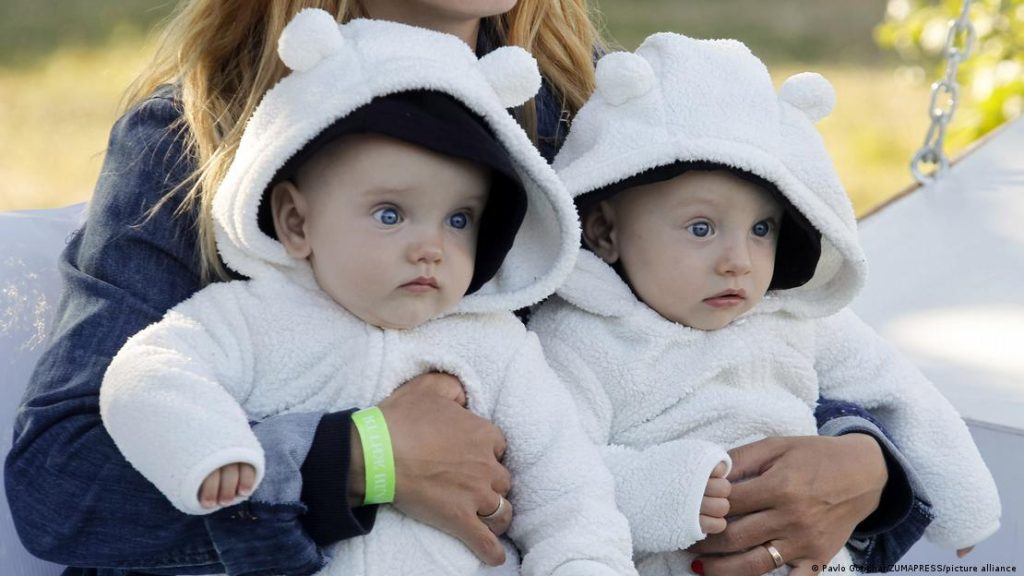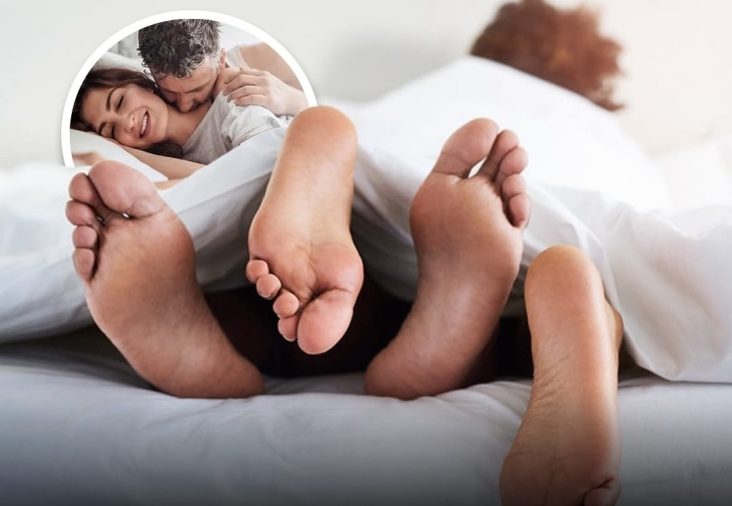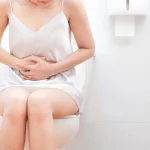Have you ever wondered why our bodies decline with age, even though it seems more advantageous to stay fertile for longer? A new study sheds light on this evolutionary puzzle, suggesting a fascinating trade-off: genes that boost fertility might actually shorten your lifespan.
The Evolutionary Puzzle of Aging
Throughout history, scientists have grappled with the question of aging. Why do our bodies weaken, our reproductive capacity dwindle, and our health deteriorate after our prime reproductive years? From an evolutionary standpoint, wouldn’t it make sense to remain fertile for as long as possible, maximizing the chance to pass on our genes?
A New Study Sheds Light: Genes for Fertility May Hinder Longevity
This new research, published in the journal Science, proposes a compelling answer. The study analyzed the genes of over 276,000 participants in the UK Biobank. The findings revealed a crucial link: individuals with genetic variations promoting reproduction were less likely to reach old age.

Antagonistic Pleiotropy: The Good Side Turns Bad
The study supports the theory of antagonistic pleiotropy. This theory suggests that some genes have a double-edged sword effect. The same genetic variants that enhance fertility in our youth can become detrimental later in life. Imagine a helpful mutation that grants you strong bones and a robust immune system in your younger years – perfect for raising offspring. However, that same mutation might contribute to stiffness and increased susceptibility to age-related diseases later on.
Examples: Menopause and Twin Births
The study highlights specific examples of this trade-off. Menopause, the natural decline in female fertility, illustrates how a system optimized for reproduction in youth can come at a cost later. The depletion of eggs allows for a period of peak fertility but ultimately results in infertility. Biologists suggest the advantages of regular menstrual cycles for reproduction outweigh the disadvantage of later infertility, even though menopause might accelerate aging.
Another illustration comes from genes that increase the likelihood of having twins. Evolutionarily, this seems advantageous – more offspring, more copies of your genes. However, the strain of carrying twins might put a woman’s body under more stress, potentially leading to faster aging.

